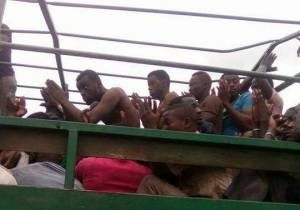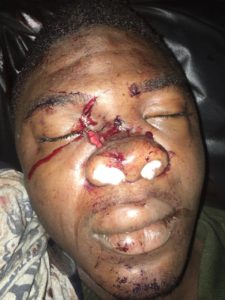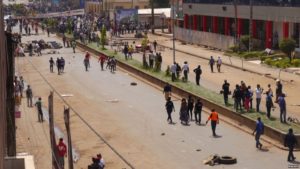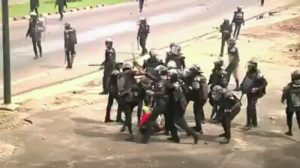Cameroon Defends Security Forces’ Response to Protests
The government of Cameroon says its security forces did not abuse protesters during clashes in two regions last month. Students and professionals in English-speaking parts of Cameroon were denouncing what they call the overbearing influence of the French language in the bilingual country. The United States has expressed deep concern about the situation.
Government spokesman Issa Tchiroma says contrary to widespread media reports, the military did not abuse the rights of protesting teachers and lawyers in the English-speaking regions of the central African state.
“The law enforcement officers [military] handled demonstrations in Bamenda and Buea with respect and professionalism, in strict compliance with international norms and commitments of Cameroon in matters of human rights. Investigations are under way and in the event of proven misconduct, the government will take some corrective and disciplinary measures in compliance with the provisions laid down by the law,” he said.
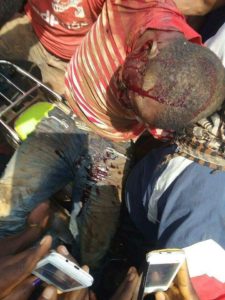
Tchiroma said Cameroon will not tolerate any attempts to disrupt the country’s hard-earned national unity, insisting that requests for Cameroon to return to a federal state, a political system scrapped in a 1972 referendum, can not be granted.
The spokesman said he was reacting to a statement issued November 28 by the U.S. State Department. That release expressed concern about the deaths, injuries and damage that resulted from protests which turned violent in Bamenda and Buea, the respective capitals of Cameroon’s Northwestern and Southwestern regions.
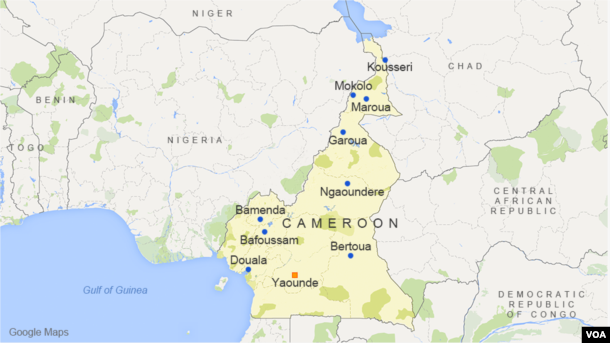
U.S. ambassador to Cameroon Michael Hoza has also expressed concerns over the violence. He met with Cameroon’s president Paul Biya and explained his country’s position on the protests that turned violent.
“It is the American government’s position that Cameroon has great strength and diversity, Cameroon has a wonderful history of tolerance and both President Biya and I agreed that dialogue is the future for Cameroon. We know that there are many discussions and we are certain that Cameroon’s people will find solutions and they have to live together in tolerance as they have for many, many years,” he said.
The ongoing protests were called by English-speaking lawyers, followed by teachers and then university students protesting the dominance of French in Cameroon. The lawyers have complained that some judges posted to English-speaking areas are not fluent in the language.
The U.S. has extended its deferral of all non-essential travel for U.S. embassy personnel to the Northwestern and Southwestern regions until December 6 due to the unrest.

